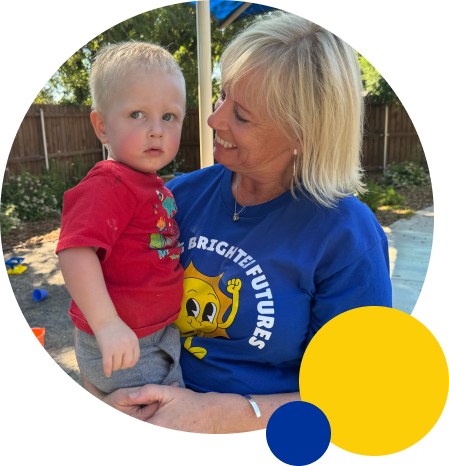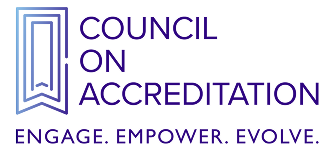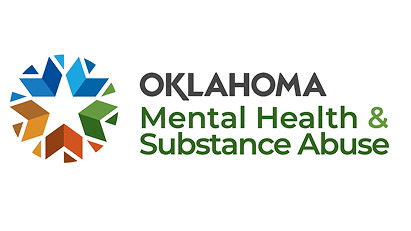
Mental Health
Offering Help and Hope to Your Family
Sunbeam’s clinical team includes licensed and license-eligible therapists and certified case managers with multigenerational expertise and decades of experience. They help people of all ages with individual, family, couples, and group therapy using a strengths-based approach. They have certifications and special training in treating trauma, Infant and Early Childhood Mental Health, perinatal mental health, family systems, suicide prevention, and more.


Sunbeam’s staff provide support through compassionate, culturally responsive, and hope-centered mental health treatment for:
- Anger management
- Anxiety
- Children’s behavioral problems
- Communication skills
- Conflict management
- Depression
- Grief and loss
- LGBTQIA+ support
- Parenting
- Postpartum support
- PTSD
- Relationships
- Resilience training
- Self-esteem
- Stress Management
- Trauma
- Work-life balance
Life can be full of unexpected surprises and challenges. Investing in your well-being through Sunbeam’s Mental Health Services can help you receive the compassionate support you need to reach your goals and find your light.
Mental Health Support for Your Child
The first days of a baby’s life are important for their development and growth. Positive experiences in the first three years help children thrive. Sunbeam therapists provide high-quality family therapy for families with young children, including pregnant moms.
Sunbeam therapists focus on building strong relationships between children and caregivers. They help you understand and respond to your child’s needs, which supports their emotions, behavior, and well-being. Sometimes, you may have sessions just for caregivers to help you better meet your child’s needs.
For young children, neglect, stress, trauma, or violence can affect their health and well-being. These negative experiences can impact their brain development, social skills, and learning. They can also affect their health and relationships as adults.
Even after negative experiences, there is hope. You can change your child’s life by reaching out for support.
We offer community services to partner with you every step of the way using proven methods and a Hope-Centered approach.

What does it mean to be Hope-Centered?
A hope-centered approach means believing that the future can be better and that you can make it happen. It focuses on:
Goals
Setting clear, reachable goals.
Pathways
Finding different ways to reach those goals.
Motivation
Having the drive to follow those paths and overcome challenges.
Contact us
Monday: 8 a.m. – 8 p.m.
Tuesday: 8 a.m. – 5 p.m.
Wednesday: 8 a.m. – 8 p.m.
Thursday: 8 a.m. – 5 p.m.
Friday: 8 a.m. – 5 p.m.
Insurance we accept
If your insurance isn’t listed below, please contact us to determine your coverage. We also offer a self-pay option.
Medicaid
If your insurance is not listed, please contact us to determine your coverage. We also offer a self-pay option.
- Medicaid
- Title 19
- Healthy Adult Expansion
- Soonerselect
- Aetna Better Health
- Oklahoma Complete Health
- Humana Healthy Horizons
- Aetna
- Blue Cross Blue Shield
- Healthchoice
- Healthcare Highways
- United Healthcare
- WebTPA
- EMBS
Good Faith Estimate
You have the right to receive a “Good Faith Estimate” explaining how much your medical and mental health care will cost. Under the law, health care providers need to give clients who don’t have insurance, or who are not using insurance, an estimate of the expected charges for medical services.
You have the right to receive a Good Faith Estimate for the total expected cost of any non-emergency healthcare services, including mental health services. You can ask your health care provider, and any other provider you choose, for a Good Faith Estimate before you schedule a service. If you receive a bill that is at least $400 more than your Good Faith Estimate, you can dispute the bill. You will receive a copy of your Good Faith Estimate.
For questions or more information about your right to a Good Faith Estimate visit www.cms.gov/nosurprises.

